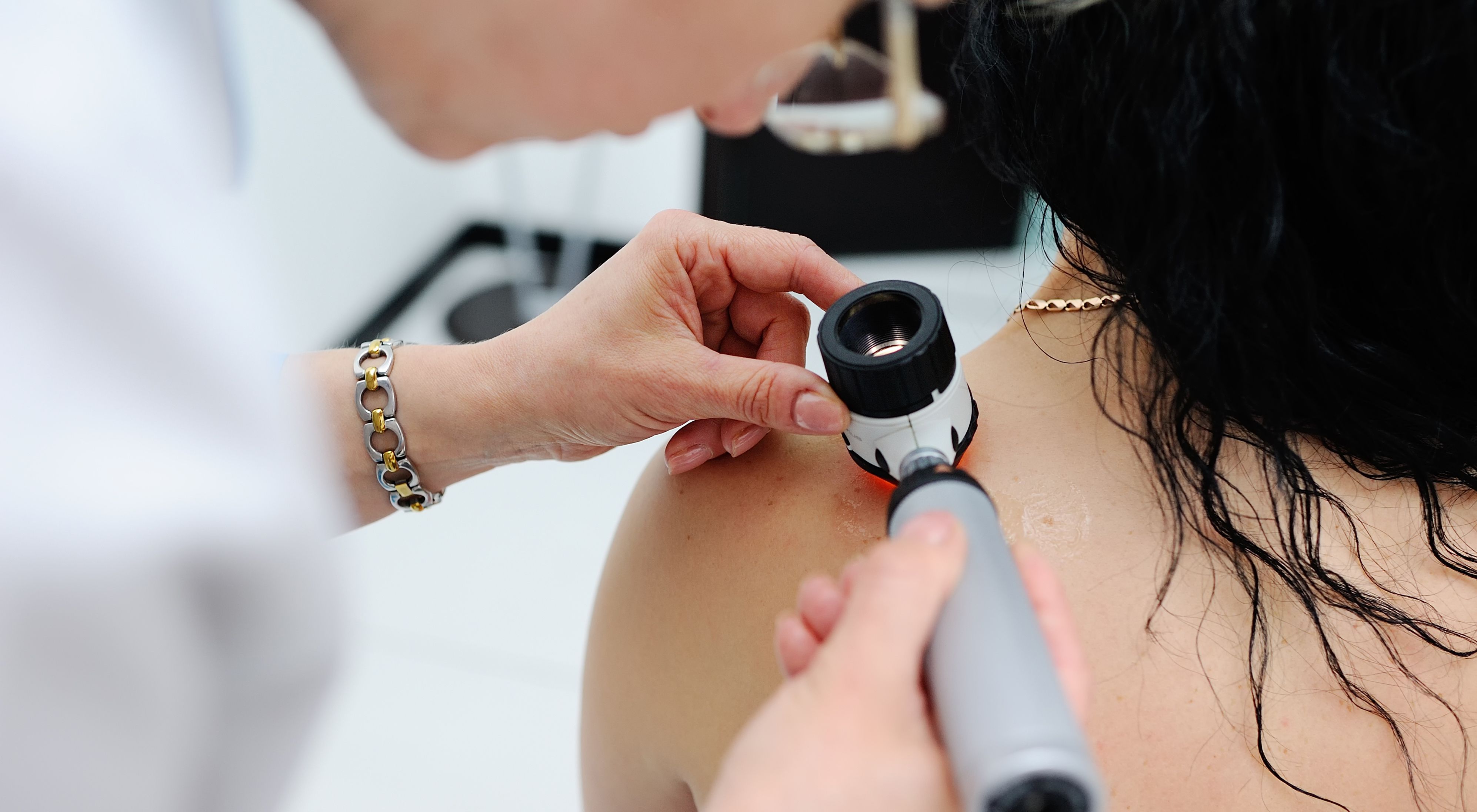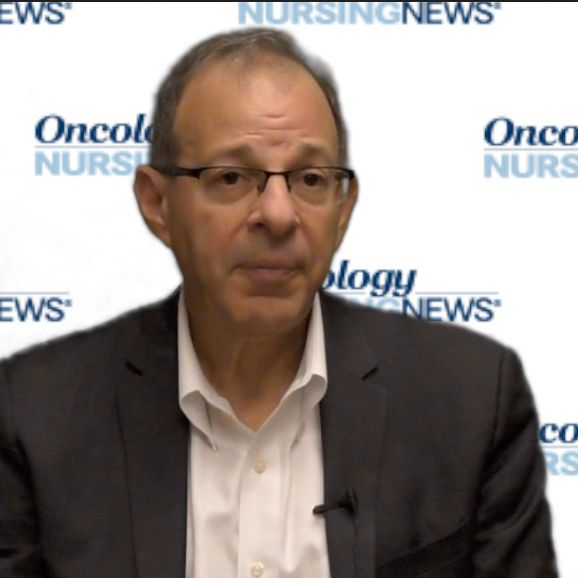
Skin Cancer
Latest News
Latest Videos

More News

Recent findings showed patients with advanced melanoma had a favorable complete response to nivolumab and ipilimumab due to potential biomarkers in the disease.

The first-in-human trial for tebentafusp findings are in, and they show promise for managing a patients side effects to it.
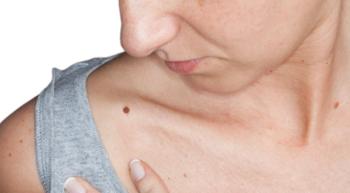
In a phase III trial of nivolumab/ipilimumab to treat patients with melanoma in the adjuvant setting results showed the drugs missed their coprimary end point.
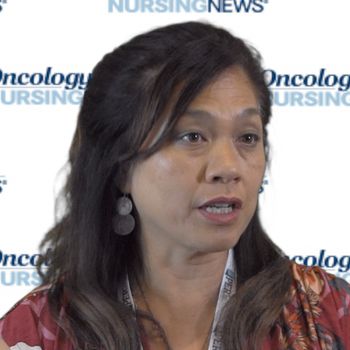
Nurses must stay up to date on immunotherapy advancements, since they are the frontline communicators with patients.

Circulating tumor DNA (ctDNA) monitoring is clinically valid in predicting whether patients with unresectable, metastatic BRAF-mutant melanoma will benefit from dabafenib (Tafinlar) alone or in combination with trametinib (Mekinist).

Healthcare providers should not base cancer care with immune checkpoint inhibitors on gender, according to recent study findings.

May is Skin Cancer Awareness month. What are some of the important conversations nurses should be having with their patients about the disease?

Compared to the general population, survivors of childhood cancer who live 5 or more years from diagnosis are at a higher risk for skin cancer.

Combination therapy has been the biggest recent advance in the melanoma space, but there is still more work to be done, according to Douglas B. Johnson, MD.

Each type of cancer treatment has its own adverse event (AE) profile, and BRAF and MEK inhibitors are no different.

Combining two checkpoint blockades can be very efficacious in treating metastatic melanoma, but the benefits come with increased risk of adverse events, too.

The FDA approved pembrolizumab (Keytruda) for the adjuvant treatment of patients with resected, high-risk stage III melanoma.

The FDA has granted an accelerated approval to pembrolizumab (Keytruda) for the treatment of recurrent locally advanced or metastatic Merkel cell carcinoma in adult and children.

Rapid changes in the treatment landscape for melanoma have prompted the Society for Immunotherapy of Cancer (SITC) to issue updated consensus guidelines to help clinicians stratify patients, choose optimal treatment regimens, and manage immune-related adverse events (irAEs) in patients with stage II to IV disease.

The fast pace of development in the immunotherapy and targeted therapy space has outstripped the availability of head-to-head comparative data for adjuvant melanoma treatment. Therefore, Hussein Tawbi, MD, PhD, recommended for healthcare professionals to communicate the relative merits and risks of both options to patients and making a shared decision.
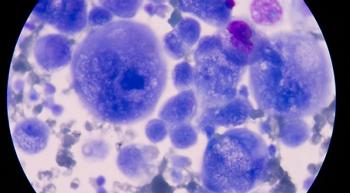
The combination use of adjuvant dabrafenib (Tafinlar) plus trametinib (Mekinist) has continued to show a significant relapse-free survival benefit among patients with resected stage III BRAF-mutant melanoma.

The FDA has approved the PD-1 inhibitor cemiplimab (Libtayo) for the treatment of patients with metastatic cutaneous squamous cell carcinoma (CSCC) or patients with locally advanced CSCC who are not candidates for curative surgery or curative radiation.

The Food and Drug Administration (FDA) granted priority review to pembrolizumab (Keytruda) for the treatment of adults and children with recurrent locally advanced or metastatic Merkel cell carcinoma, a rare skin cancer.

The FDA has approved the combination of the BRAF inhibitor encorafenib (Braftovi) and the MEK inhibitor binimetinib (Mektovi) for the treatment of patients with BRAF-mutant unresectable or metastatic melanoma, as detected by an FDA-approved test.

Surveillance of potentially cancerous skin lesions is key in early detection and treatment of the disease, which vastly improves outcomes.

The FDA has approved the combined use of dabrafenib (Tafinlar) and trametinib (Mekinist) in the adjuvant setting for patients with BRAF V600E– or V600K–positive stage III melanoma following complete resection.

The FDA has granted a priority review to a biologics license application (BLA) for cemiplimab, a PD-1 inhibitor, for use in the treatment of patients with metastatic cutaneous squamous cell carcinoma (CSCC) or patients with locally advanced CSCC who are not eligible for surgery.

Incidences of merkel cell carcinoma, a rare skin cancer, increased 95% between 2000 and 2013, and are expected to rise further in the future due to the aging US population.
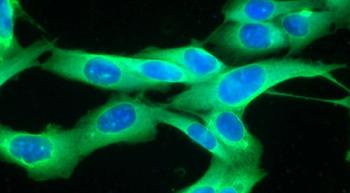
Adjuvant pembrolizumab reduced the risk of recurrence or death by 43% in patients with resected, high-risk stage III melanoma, results from phase III of the EORTC 1325-MG/KEYNOTE-054 trial showed.

BLU-667 appeared to be well-tolerated and had broad clinical benefit among patients with advanced, RET-altered solid tumors who progressed on prior therapies, according to study findings from a phase I clinical trial presented at the AACR Annual Meeting 2018.

